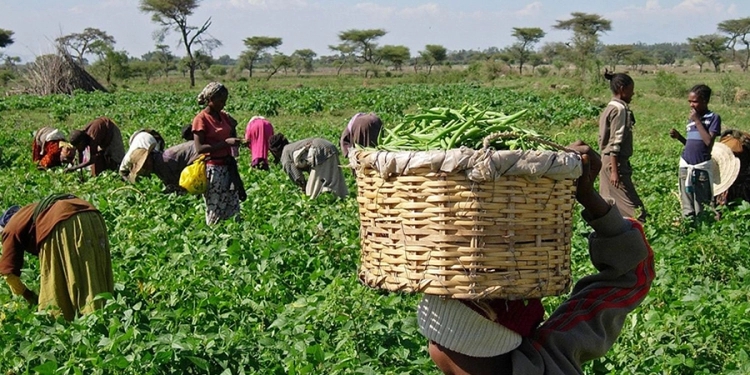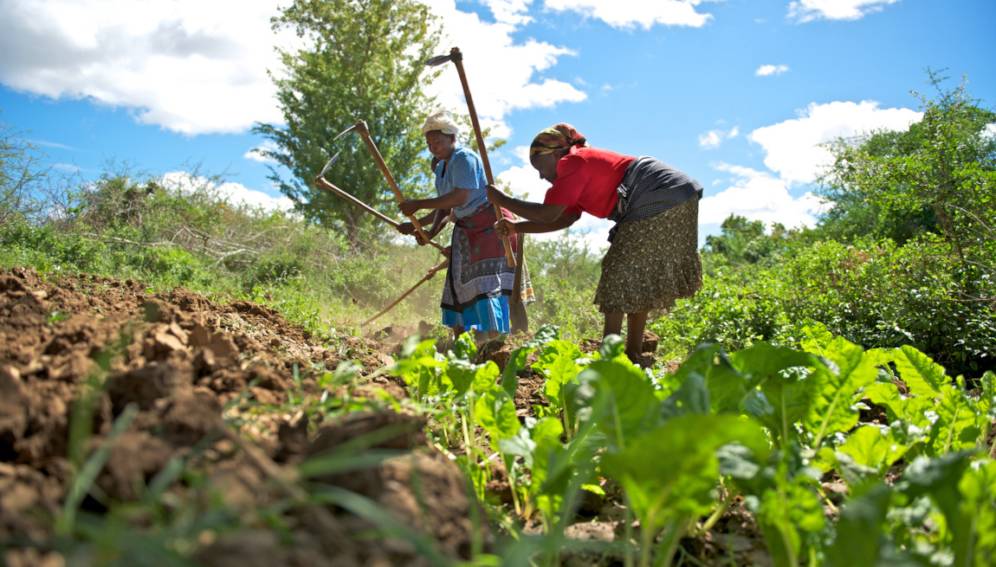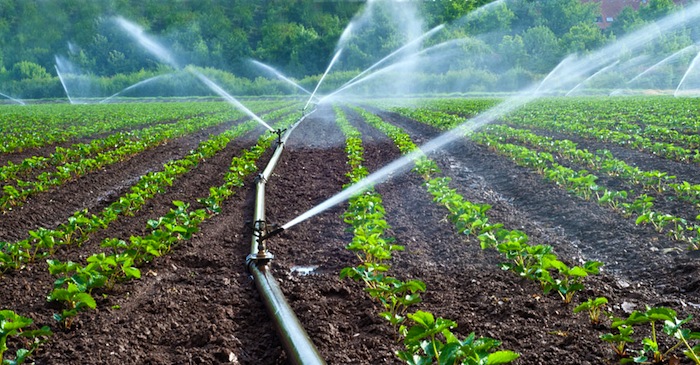- +256 783245753
- info@agroref.org
- Kampala, Uganda
Objectives

Policy Reform
- Advocate for the implementation of sustainable and farmer-friendly agricultural policies at local, regional, and national levels.
- Collaborate with government agencies to review and update existing agricultural policies, ensuring they address current challenges and opportunities.
- Facilitate stakeholder dialogues to promote evidence-based policymaking that fosters innovation, environmental sustainability, and social equity in agriculture.

Budget Advocacy
- Influence budget allocations by engaging policymakers to prioritize funding for agricultural development, Cooperatives strengthening, research, and extension services.
- Monitor government budgetary processes to ensure transparent and equitable distribution of resources to support smallholder farmers and rural development.
- Advocate for increased investments in agribusiness infrastructure, technology adoption, and market linkages to enhance the overall agricultural value chain.

Farmer Cooperatives Support
- Strengthen existing and establish new farmer cooperatives to enhance collective bargaining power and market access for smallholder farmers.
- Provide training and capacity-building programs for cooperative members, focusing on sustainable farming practices, financial management, and leadership skills.
- Facilitate the establishment of cooperative-owned processing facilities to add value to agricultural products and improve income-generating opportunities for farmers.

Community Engagement and Awareness
- Conduct civic awareness campaigns to educate farmers, policymakers, and the general public about the benefits of sustainable agricultural practices and cooperative models using a human rights based approach.
- Foster partnerships with non-governmental organizations, academia, and private sector entities to create a network that actively supports agricultural development initiatives.
- Encourage community participation in decision-making processes related to agricultural policies, ensuring inclusivity and representation of diverse perspectives.

Research, Monitoring and Evaluation and Learning
- Conduct Research to inform every aspect of the Organisation’s engagement and provide a data base for engaging with policy makers.
- Develop a robust monitoring and evaluation framework to assess the impact of implemented policies on farmers, cooperatives, and the overall agricultural sector.
- Regularly collect and analyze data to track the progress of budget advocacy efforts, ensuring accountability and transparency in resource allocation.
- Use feedback mechanisms to continuously adapt strategies, ensuring the organization remains responsive to the evolving needs of farmers and the agricultural sector.
